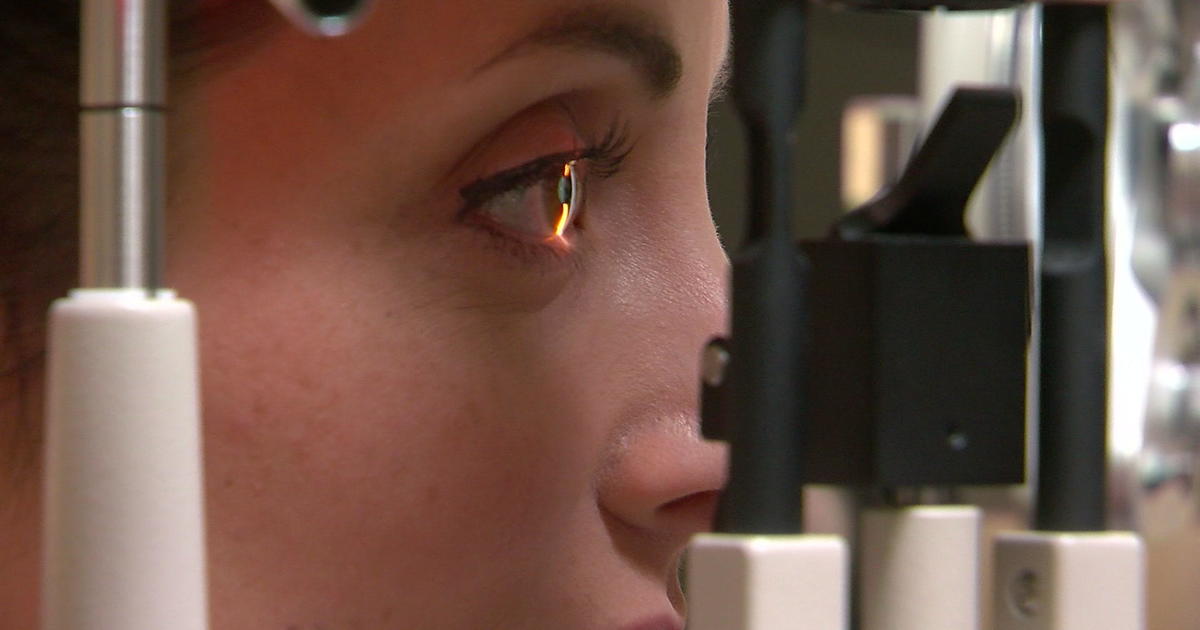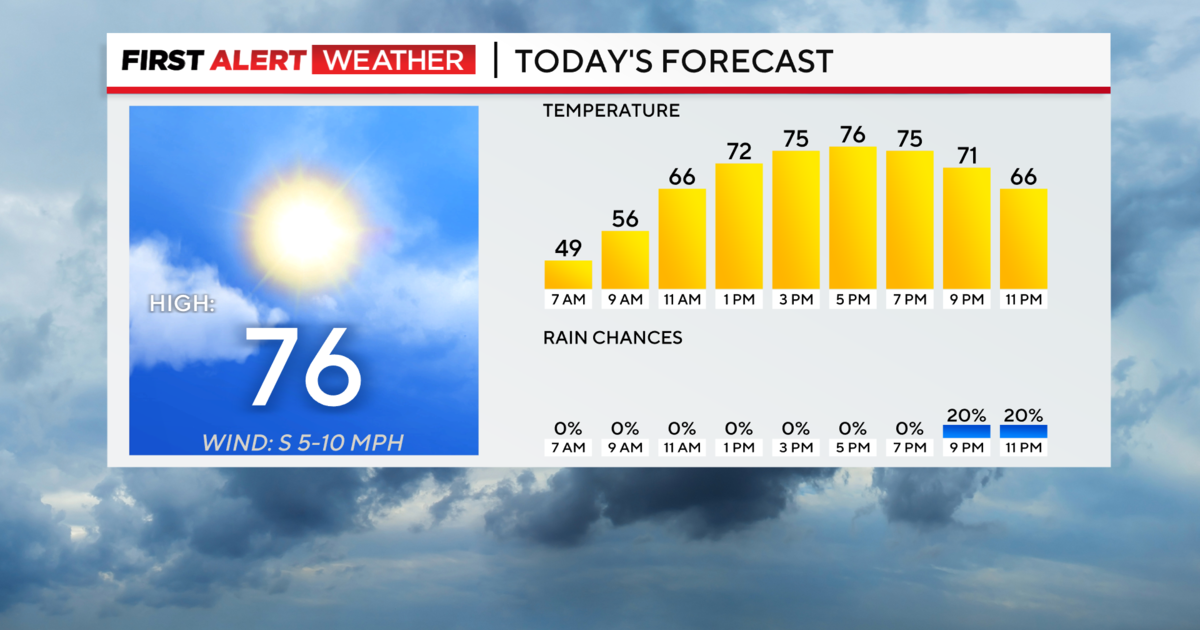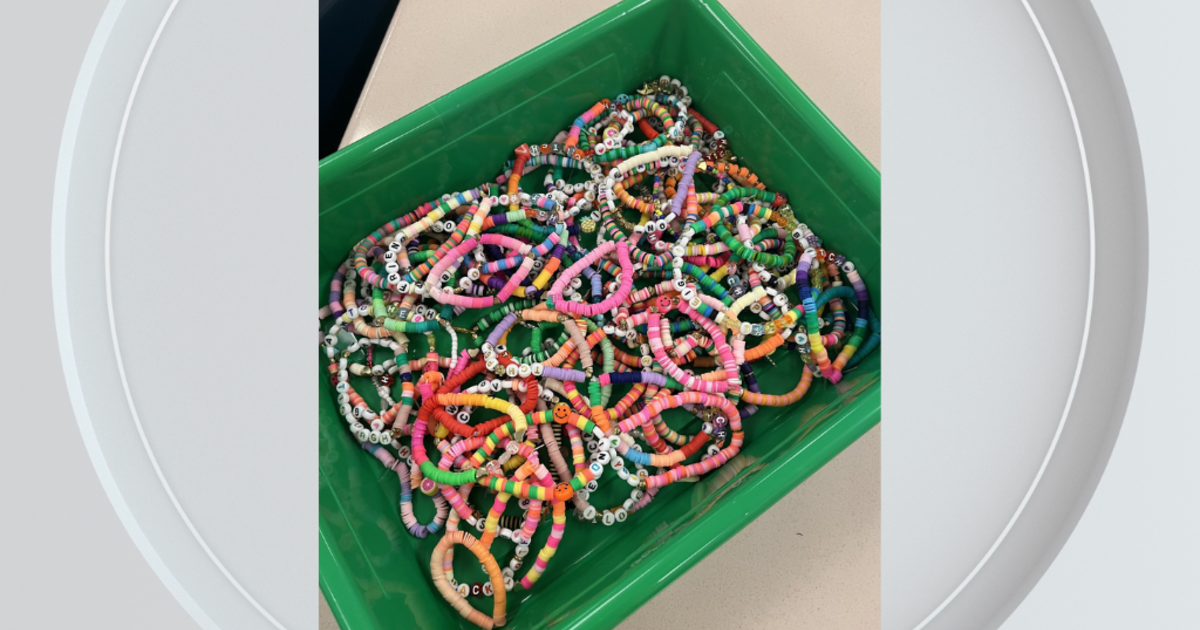Various Inner-Ear Conditions May Cause Vertigo Symptoms
PITTSBURGH (KDKA) - Doctors are seeing more cases of vertigo and other health problems that cause dizziness than ever before.
In many cases, patients just think it's a headache, they aren't getting enough sleep, or haven't eaten.
However, doctors claim dizziness is a serious symptom because it can strike at any age and you shouldn't ignore it.
One Sunday morning, Eileen Leto's world suddenly began to spin.
"I sat up and I couldn't get off of the bed right away. I was so lightheaded and dizzy, and I just grabbed the wall as I was going out to my kitchen," Leto said. "An hour and a half later I was in the emergency room."
She was sent home, and returned to work two days later.
"I was standing at the coffee cart, ready to come home, and I was hit with it again. It was very scary. I thought maybe it was a headache, a brain tumor, you know, everything goes through your mind when you have something like that," Leto said.
A battery of tests showed it was an inner-ear condition called benign paroxysmal positional vertigo, or BPPV.
"Spinning sensation, that's often associated with nausea, that's often an inner-ear problem," Dr. Todd HIllman, a balance specialist at Allegheny General Hospital, said.
In the inner-ear, you have three loops of bone called the semi-circular canals. Inside is fluid, which is sensitive to movement. The nerve signals that result tell your brain about your body position.
With BPPV, bits of calcium break off, sometimes from just a minor bump to the head.
These bits of calcium roll around inside the loops, sending signals to the brain that you're spinning, when actually, you're not.
Testing for the condition and treating the condition involve a maneuver that makes you extremely dizzy.
"You're flat on your back, and the man comes up and he takes your head, and shakes it. Very bad feeling. I thought I was going to throw up," Leto said. "The first time he shook my head, I thought I was gonna die."
This technique gets the calcium crystals back into a part of the loop where they can be reabsorbed. Afterwards you must stay upright for three days. If you lie down or bend over, they'll just roll around again and cause more dizziness.
"I have a recliner, and that's how I slept," Leto said.
BPPV is just one condition that can make you dizzy.
Other inner-ear problems include a fluid issue called Meniere's disease and a viral infection called vestibular neuronitis.
Brain and nerve conditions can cause feelings of imbalance, as well.
"It's benign positional vertigo and migraines, are the two most common causes of dizziness," Dr. Hillman said. "As that awareness grows, we see more and more patients referred to us."
RELATED LINKS
More Local News
More Health News
More Reports From Dr. Maria Simbra



